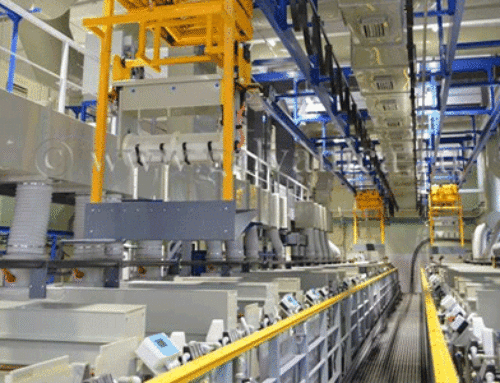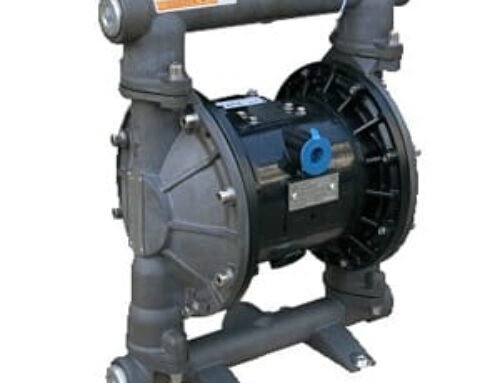A mechanical diaphragm pump is a positive displacement pump driven by an electric motor that uses mechanical motion to flex a diaphragm and move liquid through the system. Known for its precision, durability, and leak-free operation, this pump type is widely used in industrial applications that demand accurate and consistent fluid dosing.
How a Mechanical Diaphragm Pump Works?
The working principle of a mechanical diaphragm pump is based on the conversion of rotary motion into linear motion. Inside the pump, an eccentric cam, crankshaft, or connecting rod connects the motor to the diaphragm. As the motor rotates, the crank pushes and pulls the diaphragm back and forth in a reciprocating motion.
When the diaphragm moves backward, it creates a vacuum inside the pumping chamber. This vacuum opens the inlet check valve, allowing fluid to enter the chamber. When the diaphragm moves forward, it compresses the liquid, closing the inlet valve and forcing the outlet valve to open. The liquid is then discharged at a controlled flow rate.
Because the diaphragm is fully sealed from the drive mechanism, the pumped fluid never contacts internal moving parts. This ensures leak-free performance, even when handling aggressive or hazardous chemicals.
Key Features and Advantages
Mechanical diaphragm pumps are valued for their high accuracy and repeatability. The stroke length and speed of the diaphragm can be adjusted to control the dosing rate, making these pumps ideal for metering and proportional injection systems. They also handle a wide variety of fluids—from thin chemicals to viscous solutions—without losing precision.
Other advantages include:
- Self-priming capability, allowing the pump to lift fluid from below its inlet level.
- Compatibility with corrosive and abrasive fluids, thanks to materials like PTFE, PVDF, and SS316 stainless steel.
- Low maintenance, as there are no mechanical seals that wear or leak.
- Stable pressure output, typically up to 20 bar, suitable for demanding process environments.
Common Industrial Applications
Mechanical diaphragm pumps are widely used in water and wastewater treatment, where they accurately dose chlorine, coagulants, or pH adjusters. In the oil and gas industry, they inject chemicals such as corrosion inhibitors and demulsifiers. They are also applied in agriculture for fertilizer and pesticide dosing, and in food and pharmaceutical production for controlled ingredient metering.
A mechanical diaphragm pump combines the reliability of motor-driven motion with the safety and precision of diaphragm technology. Its ability to deliver accurate flow control, resist chemical attack, and operate continuously makes it an essential solution for industries that require efficient and precise liquid dosing.






Leave A Comment